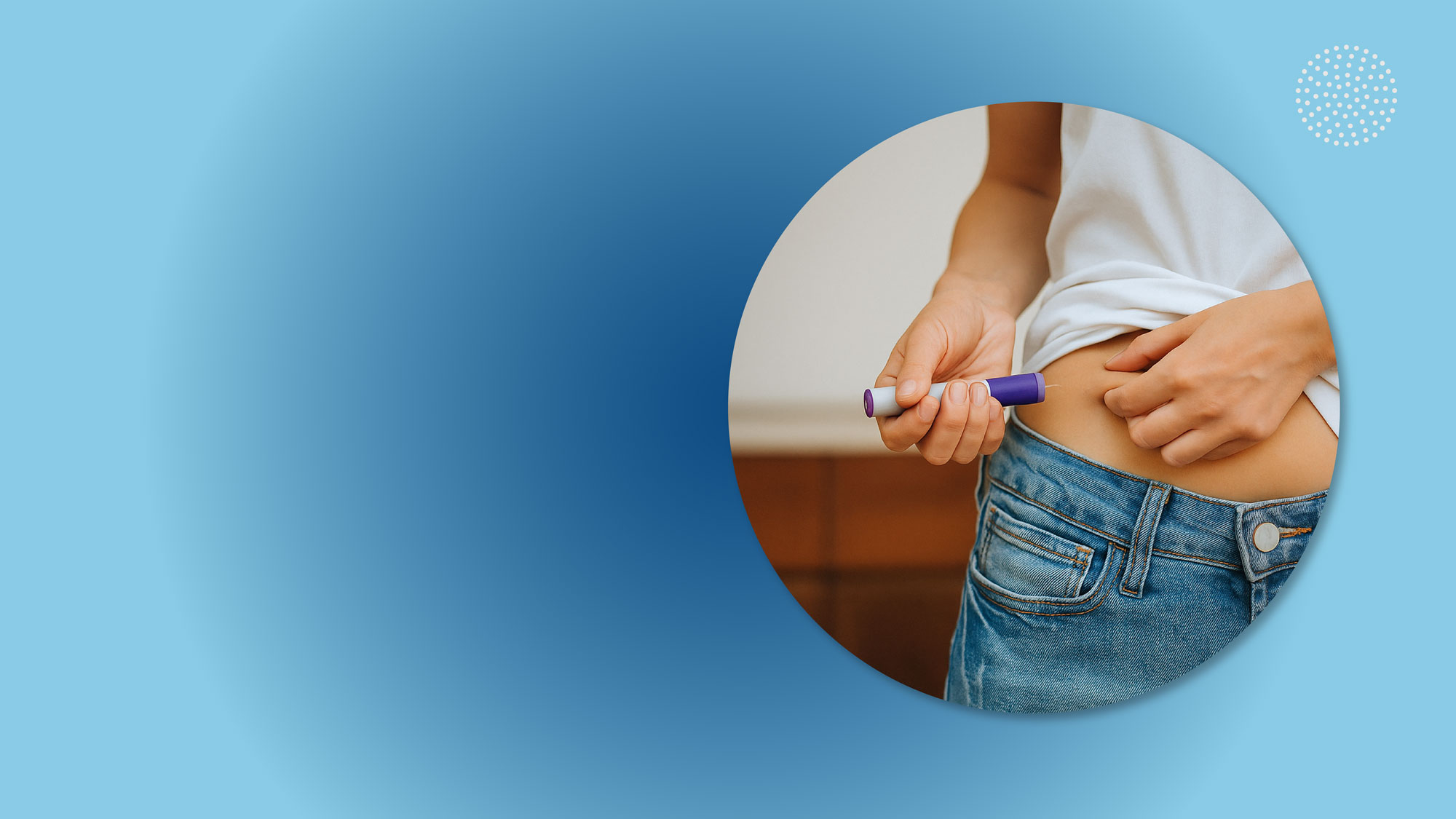GLP-1 receptor agonists—like Ozempic, Wegovy, and Zepbound—have revolutionized weight management and diabetes care, helping millions achieve significant health improvements. However, as these medications become more popular, reports of hair loss among users have increased, sparking concern and curiosity. At ZEO Hair Grow, we’re here to break down the facts, explain the science, and offer practical tips to support your hair health while on GLP-1 therapy.
Understanding the GLP-1 and Hair Loss Connection
Recent studies suggest that GLP-1 medications may be linked to a higher risk of hair loss, especially among women. One Canadian study found that people prescribed semaglutide (the active ingredient in Wegovy and Ozempic) had a 50% higher risk of hair loss diagnoses compared to those on older weight loss medications, with women facing twice the risk of men.
Why does this happen?
- Telogen Effluvium: The most common type of hair loss associated with GLP-1 medications is telogen effluvium—a temporary condition triggered by significant stress on the body, such as rapid weight loss. When the body undergoes rapid changes, more hair follicles enter the resting (telogen) phase, leading to increased shedding.
- Nutritional Deficiencies: GLP-1 drugs can reduce appetite and change eating habits, potentially leading to deficiencies in protein, iron, zinc, and other nutrients essential for healthy hair growth.
- Hormonal Changes: These medications may influence hormonal balance, which can also affect hair follicle health.
Is Hair Loss Permanent?
The good news is that hair loss linked to GLP-1 medications is usually temporary. Most people see their hair grow back once their body adjusts to the new weight and nutrient intake stabilizes. However, for some, the shedding can be dramatic and distressing, especially if underlying genetic factors like androgenetic alopecia are present.
Supporting Your Hair While on GLP-1 Medications
To minimize hair loss and support regrowth, consider these evidence-based strategies:
- Prioritize Protein: Aim for 90–100 grams of protein daily to provide the building blocks for healthy hair.
- Check Nutrient Levels: Ensure you’re getting enough iron, zinc, vitamin D, and B vitamins. Supplements may help if your diet is lacking.
- Maintain a Balanced Diet: Focus on a variety of nutrient-rich foods to support overall health and hair growth.
- Manage Stress: Stress management techniques, such as mindfulness or gentle exercise, can help reduce the impact of telogen effluvium.
- Consult Your Healthcare Provider: If you notice significant hair loss, talk to your doctor. They can check for deficiencies and recommend personalized solutions.
The Bottom Line
GLP-1 medications are powerful tools for improving metabolic health, but they can come with the side effect of temporary hair loss for some users. By staying proactive about nutrition and self-care, you can support your hair’s resilience and enjoy the full benefits of your treatment.
At ZEO Hair Grow, we’re committed to helping you navigate the challenges of hair loss with science-backed solutions and compassionate care. If you have questions or need personalized advice, reach out to our team of experts today!


